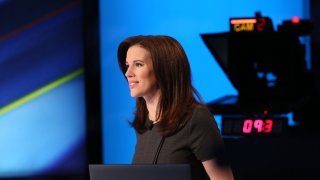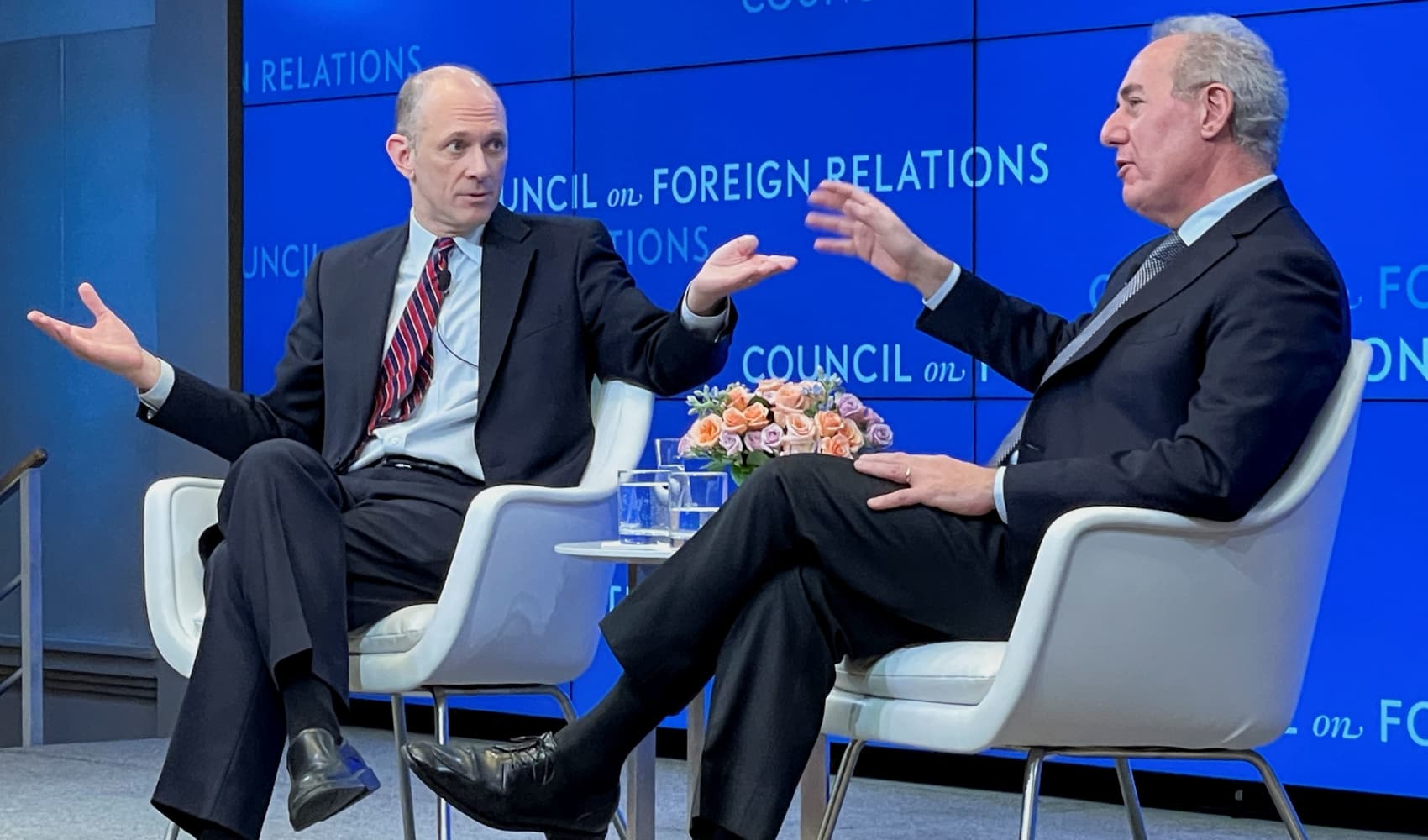
We talked yesterday about China's crackdown on tutoring firms, which are reportedly under heat for contributing to Chinese parents' reluctance to have more children. Basically, they cost a ton of money but are seen as essential for getting kids "excellent grades, excellent test scores, and admission to an excellent college or university."
Gee, sounds familiar! How ironic that in China the government is forbidding educational firms from being too expensive, while in the U.S., the government is propping up the ever-escalating cost of college.
Seriously, if a private company had doled out over a trillion dollars in student loans to unqualified borrowers with no underwriting standards or realistic ability to pay the debt back, the government would be going ballistic on them as predatory lenders and screaming about the evils of capitalism. But instead, this problem never gets resolved and now it costs almost $80,000 a year for a kid to go to Syracuse University (my mom's alma mater).
"It's criminal," the former head of student loan giant Sallie Mae told the WSJ in this must-read profile. Except that the government itself facilitated it, so it can't be. And now we as a society have backed nearly $2 trillion in student debt that is destroying lives, holding people back from having kids, and may never even be repaid.
Feeling out of the loop? We'll catch you up on the Chicago news you need to know. Sign up for the weekly Chicago Catch-Up newsletter here.
So while China is taking the authoritarian route to drive down educational costs, in the U.S., resentment is bubbling up through the political process. I was skimming Parakram Karnik's excellent analysis of the Arizona Senate race over the weekend when something caught my eye: the fact that "wild-card" populist candidate Blake Masters (yes, the former COO of Thiel Capital) is running on a platform that includes fighting "for every Arizona family to be able to survive off of one income source."
I wouldn't be surprised to see massive chatter around the merits of this goal in the years ahead. What it tells us is that families are increasingly furious about the rising cost of college, healthcare, and other expenses--and the stress of two incomes needed to support it. Ironically, Elizabeth Warren two decades ago warned that having two-income households actually increases financial fragility, in her book "The Two-Income Trap."
Most people have assumed the pandemic set back a societal goal because lots of women--and men--dropped out of the labor force as they reorganized their lives around childcare needs and work-from-home opportunities. But what if--as it did in other areas--Covid actually sped up a societal shift, in this case away from two full-time working parents? And especially now that "work" can take so many untraditional forms that support more flexible family arrangements.
Money Report
Which brings me back to the Fed's latest interest rate decision, due out at 2 p.m. ET today. A key part of their analysis on whether to hike rates depends on whether labor force participation is going to rebound, or not. I'd say even more key is to separate the "worrisome kind" of dropouts from the kind I'm talking about, which could actually be a boon to future growth and productivity if it means stabler households and more kids. If only we could get college costs down.
See you at 1 p.m!
Kelly






